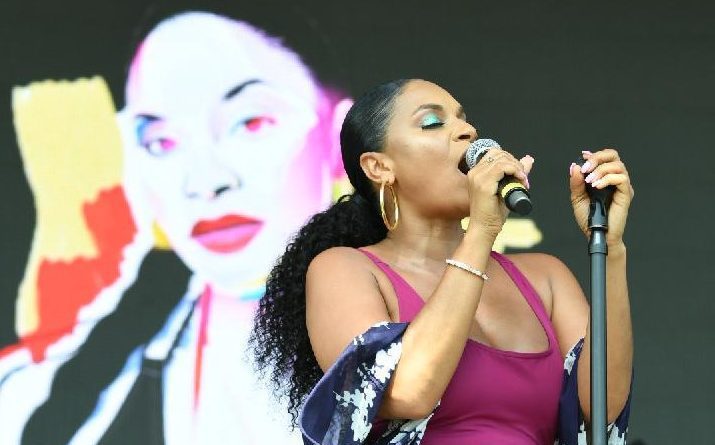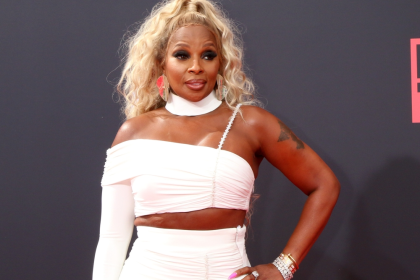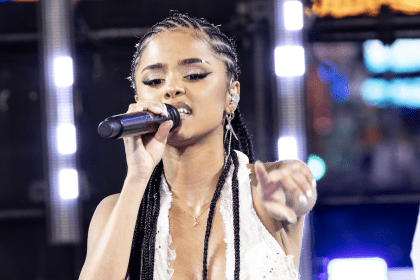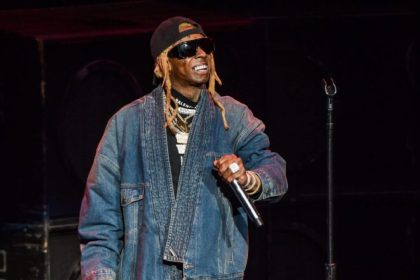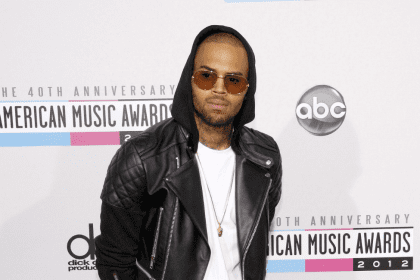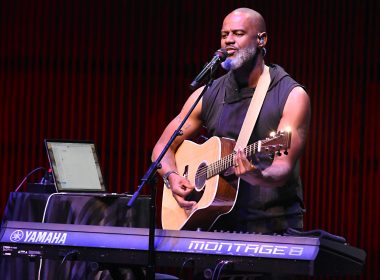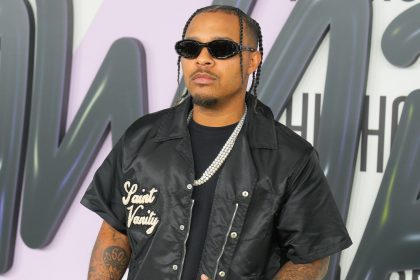Soul singer Teedra Moses generated intense discussion after sharing her perspective on R. Kelly’s music during a recent episode of the “R&B Money Podcast.” Her comments about the song “Greatest S*x” led to a broader conversation about appreciating artistic work while acknowledging an artist’s criminal history.
Social media ignites heated exchange
The discussion quickly moved to social media platforms where critics challenged Moses’ musical selection. The exchange highlighted the ongoing tension between those who separate the art from the artist and others who believe consuming the music enables problematic behavior.
Moses defended her position by distinguishing between appreciating musical craftsmanship and condoning personal actions. She emphasized that recognizing artistic merit doesn’t diminish the severity of criminal behavior or discount survivor experiences.
The complexity of musical heritage
The conversation resonated particularly with longtime R&B enthusiasts who came of age during the genre’s golden era of the 1990s and early 2000s. Many expressed understanding the nuanced position of maintaining appreciation for songs that shaped cultural moments while acknowledging the artist’s serious crimes.
This perspective reflects a deeper understanding of R&B’s cultural impact, especially for those who experienced these songs as foundational pieces of their musical education. The discussion encompasses more than individual songs; it touches on decades of musical influence, including productions and compositions for other artists.
Finding balance in modern discourse
The incident raises important questions about how listeners navigate their relationship with problematic artists’ music. The debate extends beyond simple solutions, challenging audiences to consider how they engage with art created by individuals who have caused harm.
For many seasoned R&B listeners, these songs are interwoven with significant life memories and cultural touchstones. The discussion reveals the complexity of reconciling personal connections to music with current social consciousness and accountability.
Moving the conversation forward
This discourse demonstrates the evolving nature of how we process art in relation to its creators. While some advocate for complete separation from problematic artists’ work, others suggest a more nuanced approach that acknowledges both the artistry and the responsibility to recognize harm.
As the music industry continues to grapple with these challenges, conversations like these help shape how we engage with complicated legacies. The dialogue emphasizes the importance of holding space for both critical examination and understanding of personal relationships with music that has historical and cultural significance.
The ongoing discussion shows that navigating this territory requires careful consideration of multiple perspectives while maintaining respect for those impacted by criminal behavior. It’s a conversation that will likely continue as we collectively determine how to address complex artistic legacies in contemporary culture.

